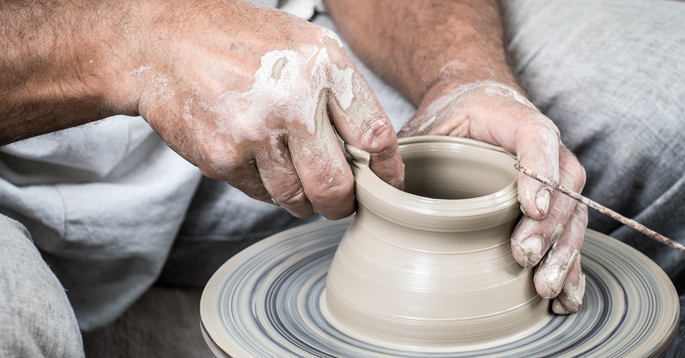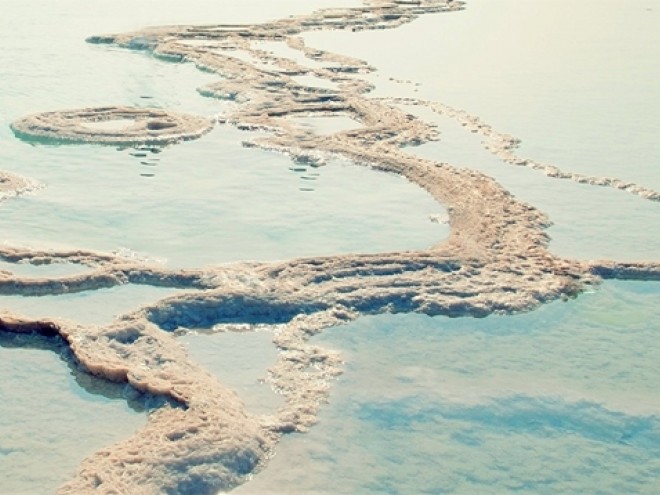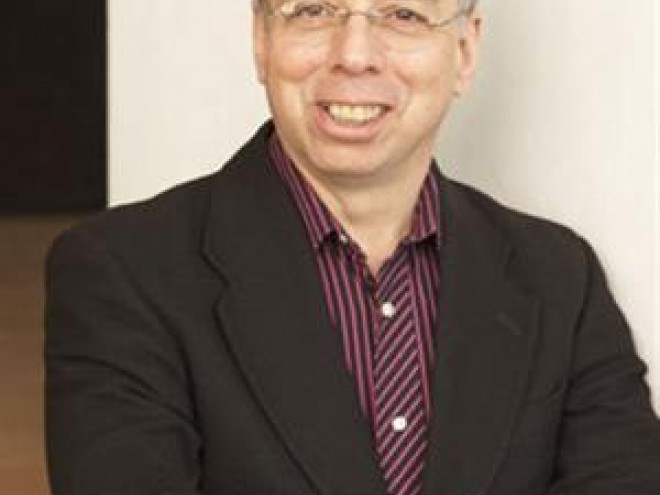Barbara Kreiger is the author of The Dead Sea and the Jordan River, a chronicle of the natural and human history of two of the Middle East’s most iconic bodies of water. Barbara is guest blogging here all week as part of the Visiting Scribe series on The ProsenPeople.
When students ask me what to write about or how to start, I tell them never to underestimate what’s interesting, because the truth is that any subject can potentially engage a reader’s attention. If you have an instinct, no matter what it is, try writing a couple of pages, I suggest, and then see if those pages become three, then four.
I recommend research as a way of learning more. If you ask older family members what it was like when they were young: that’s research. If you visit the town where your parents grew up: that’s research. If you look online or in a library to find out what might have been on your grandparents’ dinner table or what games kids played back then, that’s research. Research reflects our curiosity and is how we find answers to our questions. It’s about “being there,” in our subject, both literally and imaginatively.
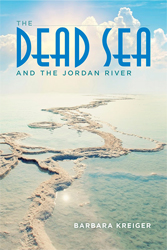 When I started writing my book about the Dead Sea, the first thing I did was to hike in the region and get a feel for the landscape. I was fortunate that I was able to spend several weeks in Israel, and with a friend who knew the region intimately, I was able to learn far more than I would have on my own. I talked to all kinds of people — outdoor enthusiasts, nature lovers, scientists, kibbutzniks — and heard how precious the environment was to all of them.
When I started writing my book about the Dead Sea, the first thing I did was to hike in the region and get a feel for the landscape. I was fortunate that I was able to spend several weeks in Israel, and with a friend who knew the region intimately, I was able to learn far more than I would have on my own. I talked to all kinds of people — outdoor enthusiasts, nature lovers, scientists, kibbutzniks — and heard how precious the environment was to all of them.
At one point, I came upon a particular feature along the shore. It was a rock that was marked with incised letters. It turned out that the rock had a history of some eighty years and was connected to early exploration of the Dead Sea region, and I made it my mission to dig into that history. After a few months of investigating, I had written the first ten pages of what would be my book. I didn’t know it then, but what’s interesting is that those ten pages ended up as the conclusion to a later chapter.
What that taught me, and which I try to pass on to beginning writers who are wondering how to start, is that it doesn’t matter where you start, but that you start. I explain that unlike a potter, the writer has no clay to begin fashioning into a bowl or jug: our “clay” is not the thoughts in our heads, because they come and go, and we can’t turn them over in our hands to see if we want to alter the shape, add to it, remove excess. For a writer, words on paper are what we have to work with. Then we can develop a kind of relationship with what we’ve written and test it for its truth or beauty: Do I like what I said? Have I said it well? Have I said what I meant? And — most importantly, to my mind — do I know yet what I meant to say? For to me, writing is a process of exploration and discovery, and while it causes some uncertainty when we don’t fully know what we want to express, it’s also quite exciting that the very process of writing brings us to greater understanding of our subject.
There is no such thing as objectivity in writing. Even when we try, we can’t leave ourselves out entirely. Our writing reflects who we are, and rather than try to hide that, we can use that awareness responsibly and creatively. That’s not to say that when I wrote about the Dead Sea I wrote about 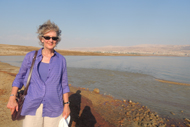 what it means to me. Rather, it’s to suggest that implicitly I conveyed my appreciation for this unique body of water in the way I described it and considered its significance.
what it means to me. Rather, it’s to suggest that implicitly I conveyed my appreciation for this unique body of water in the way I described it and considered its significance.
My final advice: everything is fresh and new. No one has yet said the things you want to say in the way that you’d say it. It’s your opportunity and your privilege to find the words to express yourself.
Barbara Kreiger is adjunct associate professor and chair of creative writing in the Master of Arts in Liberal Studies Program at Dartmouth College.
Related Content:
- Gloria Spielman: My First Writing Group: The Internet
- Molly Birnbaum: Memory, Scent, and My Mother
- Matthue Roth: How to Write about Moving a Mountain
Barbara Kreiger is adjunct associate professor and chair of creative writing in the Master of Arts in Liberal Studies Program at Dartmouth College. Her other publications include Divine Expectations: An American Woman in Nineteenth-Century Palestine. Her work has appeared in The New York Times, The Boston Globe, Smithsonian Magazine, and other publications.
